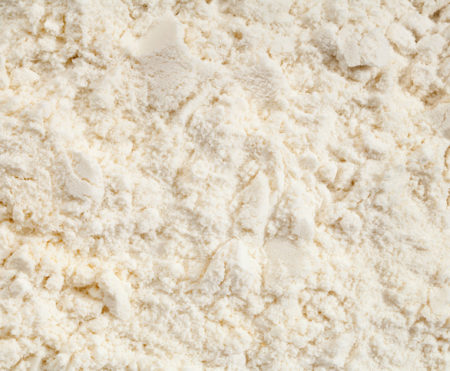What are they?
The fruit of the unoriginally named apple tree, apples have been cultivated for thousands of years. And with over 7,500 known varieties, there’s plenty of choice: from the crisp Cox to the plucky Pink Lady.
Over 63 million tonnes of apples are produced worldwide, with China accounting for 40% of that total.
What do I do with them?
Bite, bake, blend, boil, stew, slice, dice, fry or ferment; the humble apple is versatility itself. Scientists at the Institute of Food Research, however, have suggested that apples are best eaten with another superfood: green tea.
Natural antioxidants in both are thought to blend together and block the growth of a molecule called called endothelial growth factor, which can contribute to a hardening of the arteries and therefore an increased risk of heart attack or stroke.
Why are they good for my health?
There are several good reasons ‘an apple a day keeps the doctor away’. Apples are, for instance, rich in plant-based nutrients that are thought to reduce the risk of many cancers.
Their high-fibre content – one medium-sized apple contains around four grams – is also thought to slow the effects of Alzheimers-related aging on the brain, and red apples, specifically, contain the immune-boosting antioxidant quercetin.







